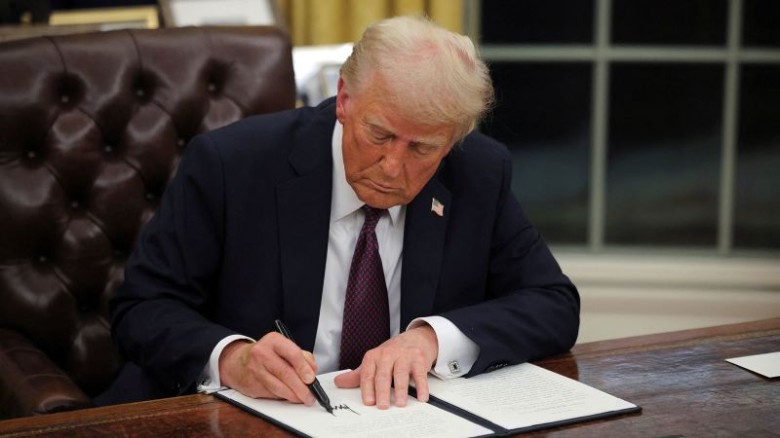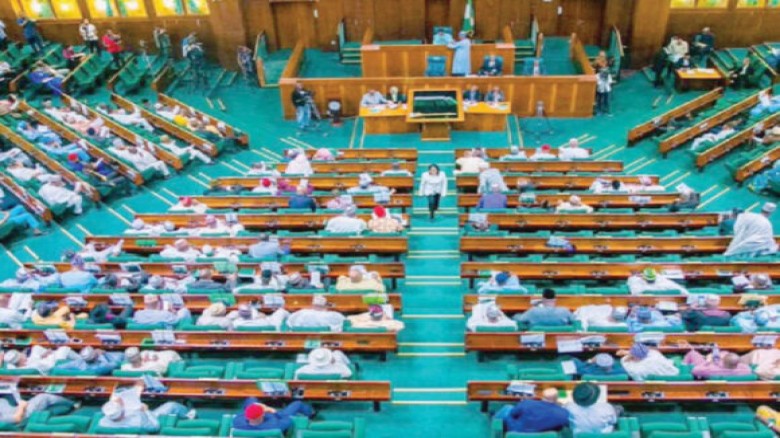FG disburses ₦1.6tn to states for FCT for infrastructure, security projects
The federal government has allocated a total of ₦1.6 trillion to the 36 states and the Federal Capital Territory from March 2024 to May 2025, aimed at enhancing infrastructure and security projects, as revealed in documents from the Office of the Accountant-General of the Federation.These funds, issued under a specialized intervention program, were sourced from non-oil revenue savings to alleviate fiscal pressures on subnational governments and expedite essential project delivery. The financial distributions were documented in a report titled “Ledger of Savings on Intervention to States’ Infrastructure and Security,” presented during the May 2025 meeting of the Federation Accounts Allocation Committee.
This intervention fund was established following President Bola Tinubu's approval in July 2023 of the Infrastructure Support Fund, which aims to support states in coping with the impacts of fuel subsidy removal and to invest in vital sectors such as transportation, agriculture, healthcare, education, power, and water resources.
As per the FAAC report, 21 different payments were executed over the span of 15 months, primarily in monthly installments of ₦100 billion. The highest single payment recorded was ₦222 billion in May 2024. By mid-May 2025, ₦1.6 trillion had been disbursed, leaving a remaining balance of ₦100 billion from the total savings of ₦1.7 trillion under the program.
Although disbursements occurred regularly, the report did not detail the precise amounts allocated to individual states or confirm whether these funds were provided in addition to the usual monthly FAAC disbursements. These payments were categorized as "Payment for Intervention to States and FCT," with the inflows marked as "Transfer from Non-Oil Savings."
In spite of the considerable spending, there have been questions raised about transparency and effectiveness. Civil society organizations have voiced critiques regarding the use of these funds, pointing to ongoing infrastructure challenges and widespread insecurity.
Auwal Rafsanjani, the Executive Director of the Civil Society Legislative Advocacy Centre, expressed dissatisfaction, labeling the situation as mismanagement of intervention funds.
“We are observing a period characterized by financial irresponsibility and the breakdown of effective governance. These resources, intended to ease the struggles of Nigerians through enhanced infrastructure and security, have failed to fulfill their goals,” Rafsanjani conveyed in an interview with The NigerianWatch
He indicated that the lack of effective use was due to political distractions ahead of the 2027 elections, alleging that officials were misdirecting resources for electoral benefits instead of developmental purposes.
“If the ₦1.6 trillion had been wisely utilized, Nigerians would have experienced its effects. Regrettably, what we observe is a scramble for public funds without accountability,” he remarked.
While the federal government continues to present the intervention as a strategic answer to national issues, the ambiguity surrounding the allocation and utilization of funds at the state level continues to incite public doubt.
Analysts have urged for increased oversight of state-level expenditures and enhanced transparency in the management of the ISF to ensure that the funds lead to significant advancements in infrastructure, security, and public services.
























Leave A Comment